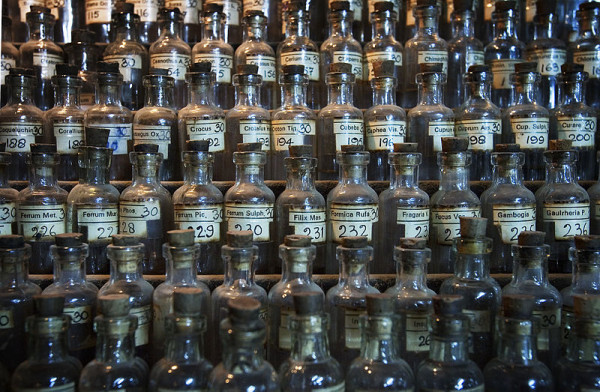A video circulating on the internet seems to suggest that a miracle cure has been found for Malaria. (and AIDS, cancer, Hepatitis, warts, etc, etc, etc). Cheap, easy to administer and non toxic. It appears to have the Red Cross backing, al least locally in Africa, but there is a suggestion that the Red Cross is in fact trying to take the video down. A conspiracy to silence such panacea is suggested in the video. As usual Big Pharma does not want a challenge to its business. The idea is attractive for those tired of the tyranny of the monopoly on health exercised by the neoliberal, money-grabbing, not-always honest in their research, profit-at-any-cost gigantic Drug Companies. An Internet search yields, however, abundant information about the panacea: a mixture of bleach and lemon, with no serious evidence of effectiveness other that to help make water drinkable, if used in minute proportions, otherwise extremely toxic. His creator, Jim Humble, has been marketing this melange for some years now as MMS (Miracle Mineral Supplements) and apparently has a great following of people who swear by it, or a least a great following of websites that claim there are lots of people who swear by it. Given the world conspiracy to oppose his creation he started a church to distribute the medicine and now he calls himself Archbishop Humble. His rationale is that as the Catholic Church could not be completely obliterated by criticism of sexual abuse by priests, this is a good model for distributing his “discovery”.
Do I want to believe that miracle cures exist for horrible diseases? Yes! Certainly!
Will desperate people, unable to afford the overinflated prices of medical treatments, believe in unproven miracle cures? Yes again
In fact, I would very much like to see some decent research done on the stuff, because, in the unlikely event that it may help in any way, that would be a leap forward, and I would like that very much. But alas, that is not the way Archbishop Humble conducts his business.
If Big Pharma is big business, what about the other arm of modern medicine: Alternative, complementary, natural, non-traditional (or traditional if it comes from an ancient source), medicine. Practitioners are nicer as they do not have the time constrains imposed on doctors working in public health services. They spend more time making a diagnosis and provide treatments understood to have less or no side effects. Many are vociferous in their rejection of allopathic treatments and vaccines, at the same time dismissing scientific trials that deny their treatments work. They denounce allopathic medicine as just a big business that keep people chronically ill to continue making profit out of them. Alternative medicine moved nearly $34 billion in out-of-pocket spending just in the US in 2009.
The war between the medicines is all about keeping a captive audience to make money, because money is the only value of the system in which we live. The mad race to patent human genes, so that nobody will be able to carry out in the future research into a particular gene without paying to the one who holds the patent is just one example of the distance the world has gone from caring about the real health needs of humanity. Many commonsensical practitioners have seen a better way, collaboration, cooperation, some things are better dealt with by allopathic drugs, some others by complementary medicine. It can all happen at the same time, in the same patient, if the patient is the main value, not the money. The way forward towards a more humanised society is to emerge from the models war, which is a form of violence and concentrate on developing knowledge about everything, not just what has the potential to make money. That can only happen if research is funded publicly in public institutions and if knowledge is shared for free, as patrimony of humanity rather than as private assets.
Some years ago The Spirit Level: Why More Equal Societies Almost Always Do Better, by epidemiologists Richard Wilkinson and Kate Pickett showed that amongst other measures, health was better for everybody in society, including the rich, when everybody in society had access to health care as part of greater equality. In other words, inequality is suicidal, also for the rich.
Unless the system in which we live changes its violent sign and undertakes a real change towards humanisation we shall continue to see both the Pharmaceutical Industry and its Alternative counterpart stretching the limits of what is ethical in the name of profit. In the meantime, we must stay vigilant and observe our own need for miracles. The most difficult is not to become so cynical that we dismiss everything before making a proper evaluation, or so credulous that anybody can take advantage of us.






